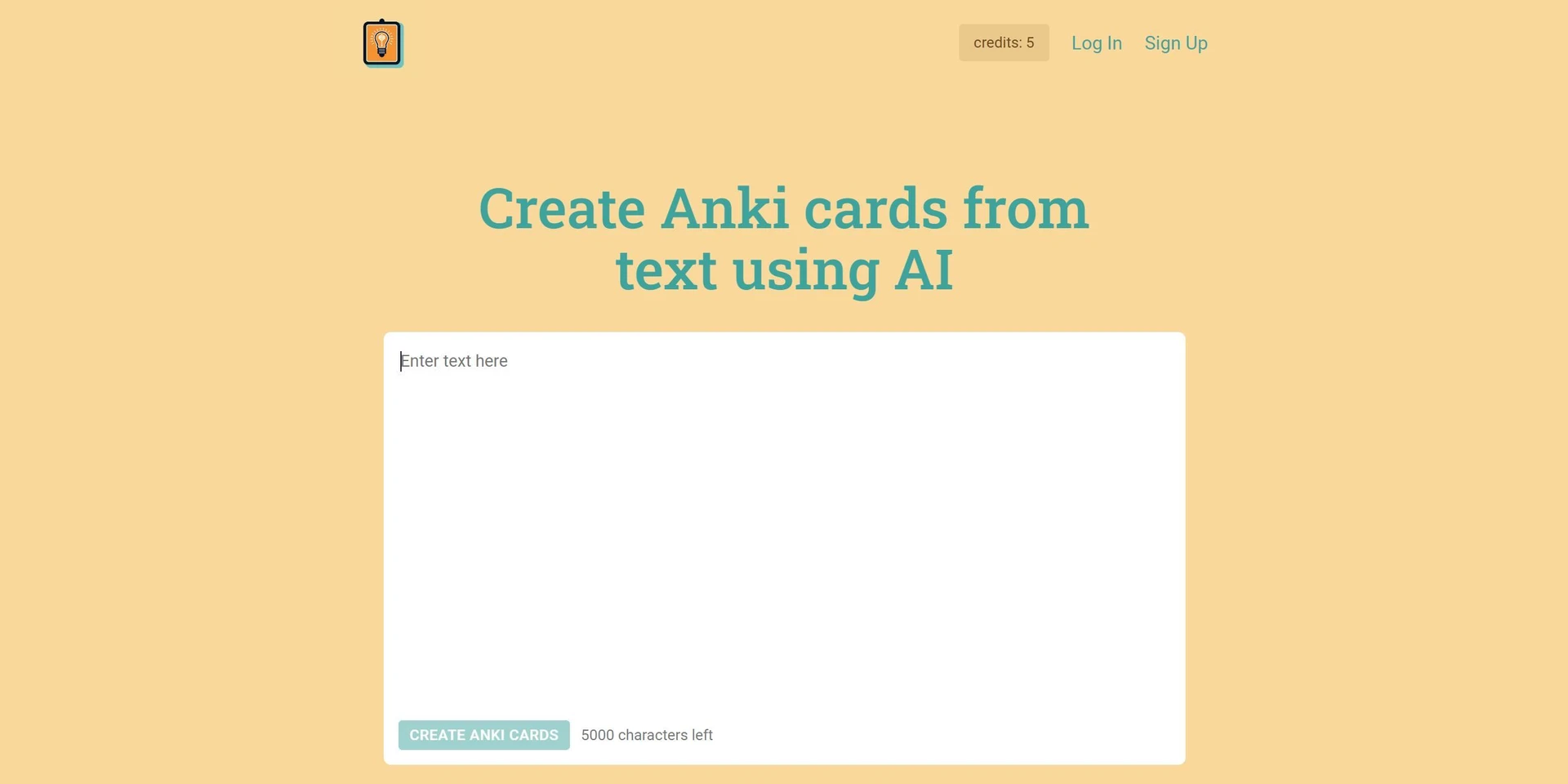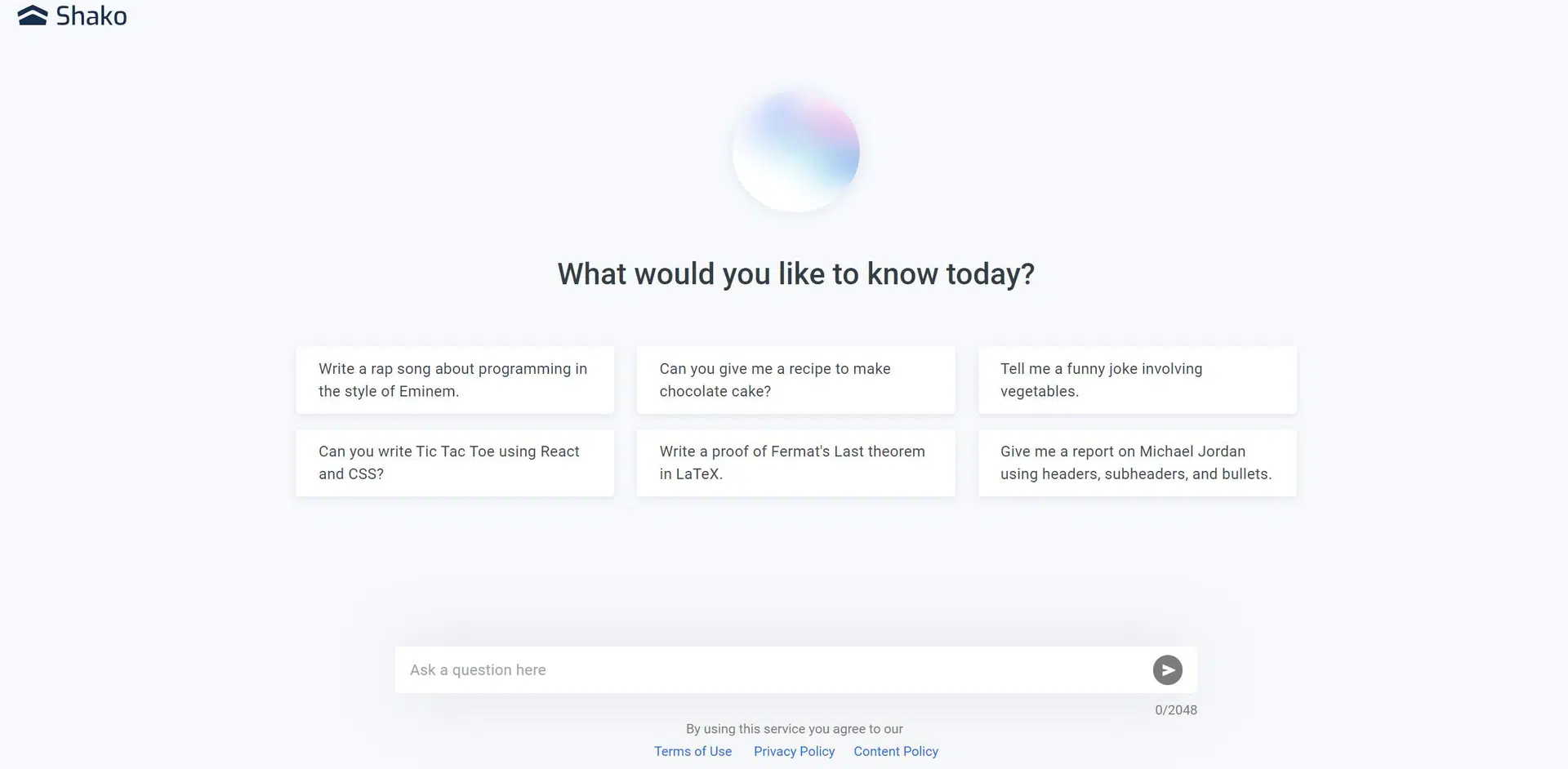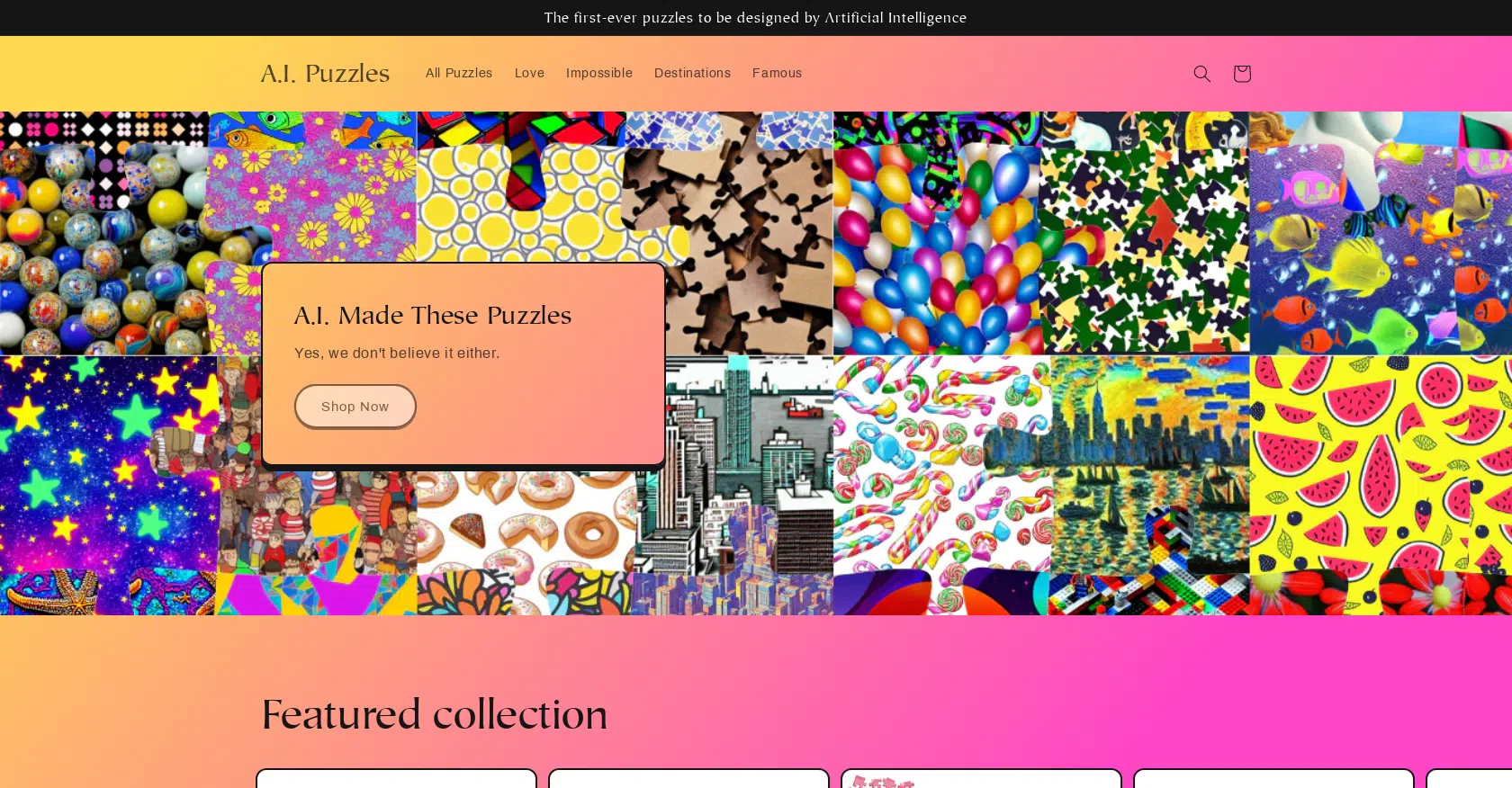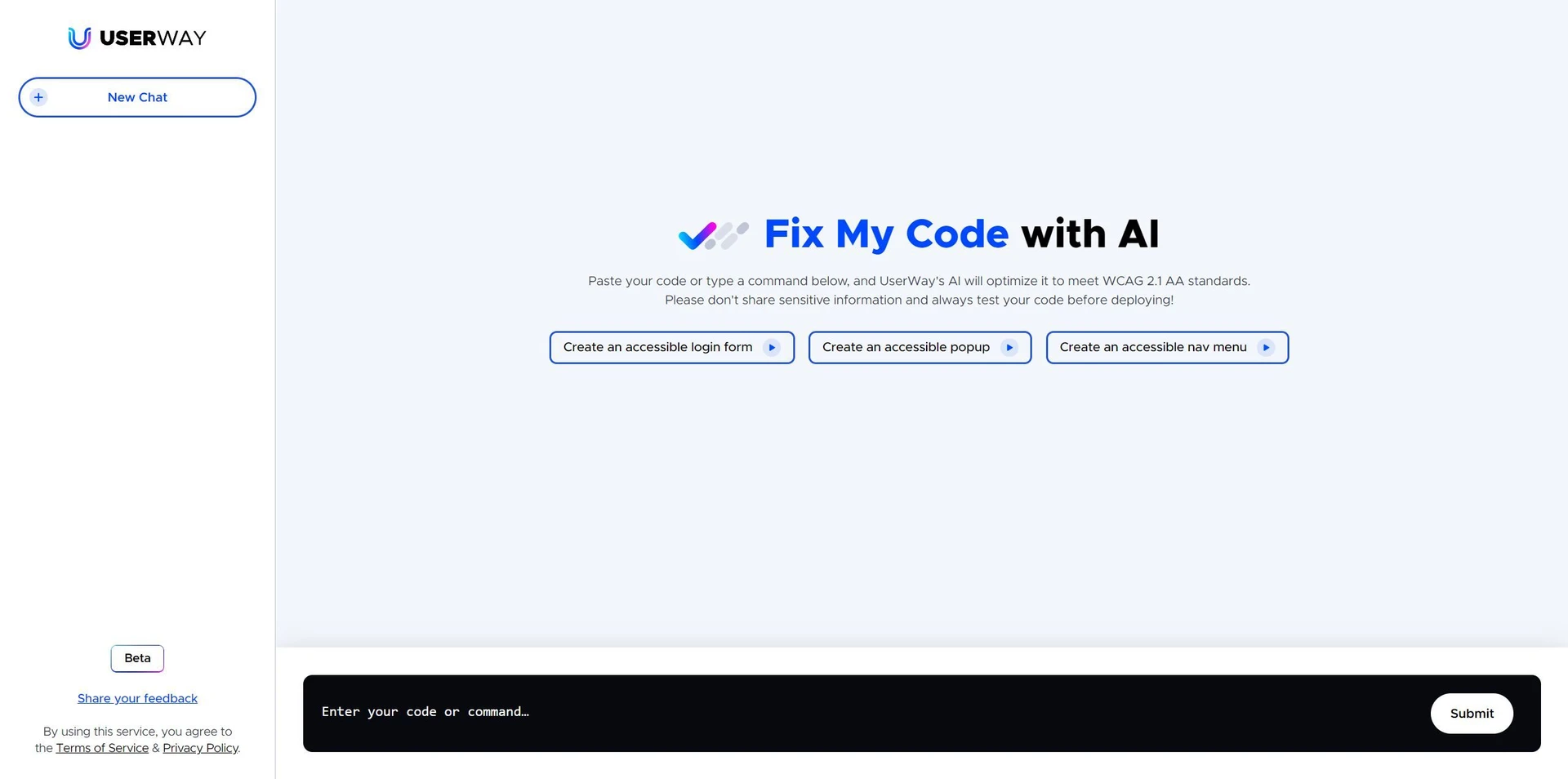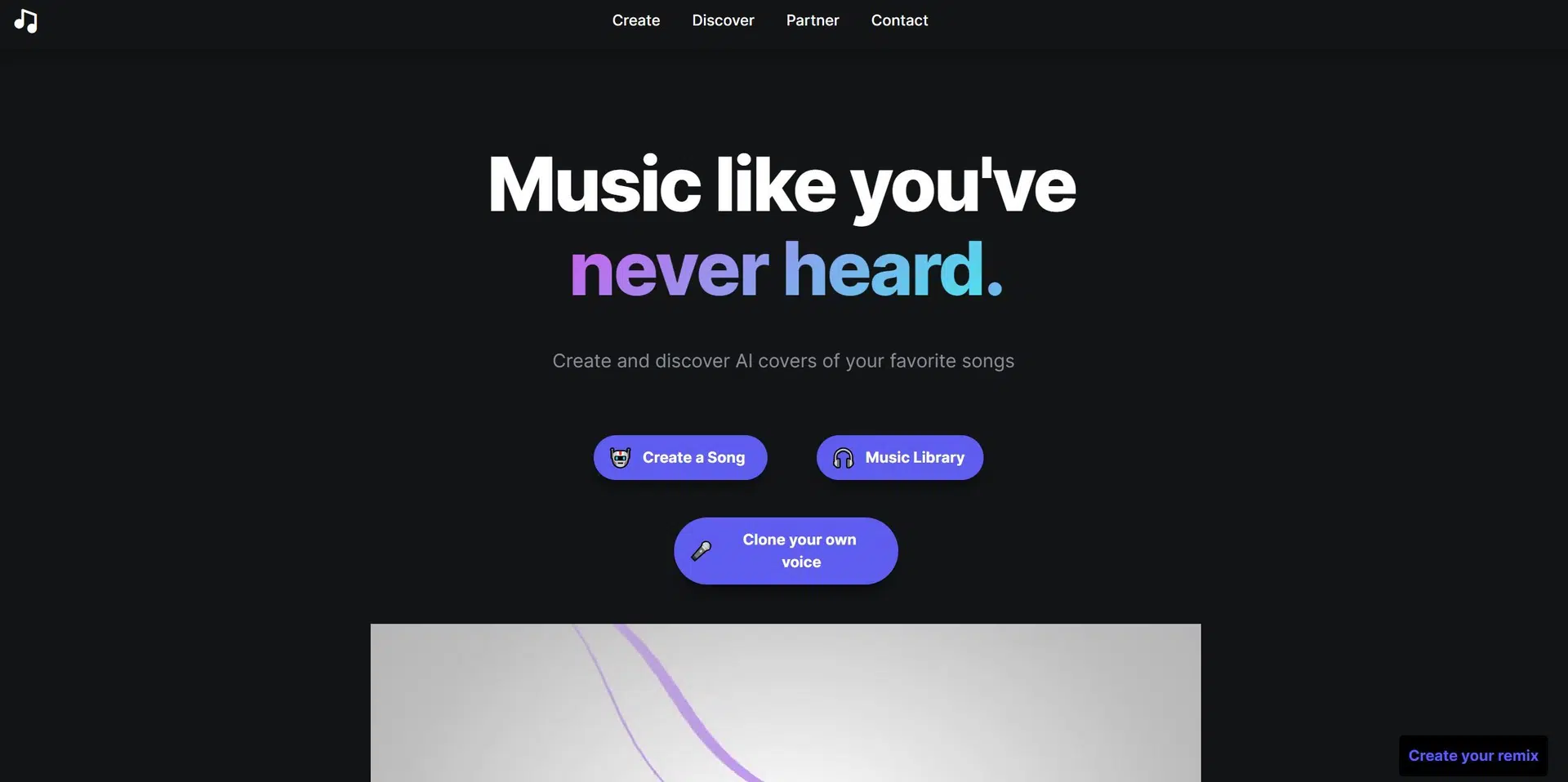AI To Cards is an innovative tool that uses artificial intelligence to convert any given text into practical and customizable flashcards. Ideal for language learners, students, content digesters, or test-takers, this tool extracts salient points from the text, creating flashcards suitable for popular repetition systems such as Anki.
One of the key features of AI To Cards is it's text-to-flashcard conversion functionality. The tool has been designed to comprehend the structure and key elements of the given text, thereby enabling efficient flashcard creation. Users also have the freedom to modify these generated flashcards to align with their preferences or learning goals, making the tool versatile for varied requirements.
Additionally, AI To Cards allows users to export the created flashcards in a format compatible with popular learning systems. This ease-of-export feature, combined with the intuitive design of the tool, makes it an incredibly user-friendly system.
At the core of AI To Cards is the power of artificial intelligence that drives the quick, accurate, and effortless conversion of texts into flashcards. Language learners can leverage the tool to practice vocabulary, idioms, or grammar. Students can convert notes, definitions, and equations into flashcards for effective revision. Researchers and professionals can summarize and convert lengthy documents into flashcards for easy recollection and review. Moreover, those preparing for exams can transform their study materials into easy-to-review flashcards.
In essence, AI To Cards serves as an efficient, customizable, and user-friendly tool that harnesses the power of AI to convert any text into practice-ready flashcards.
